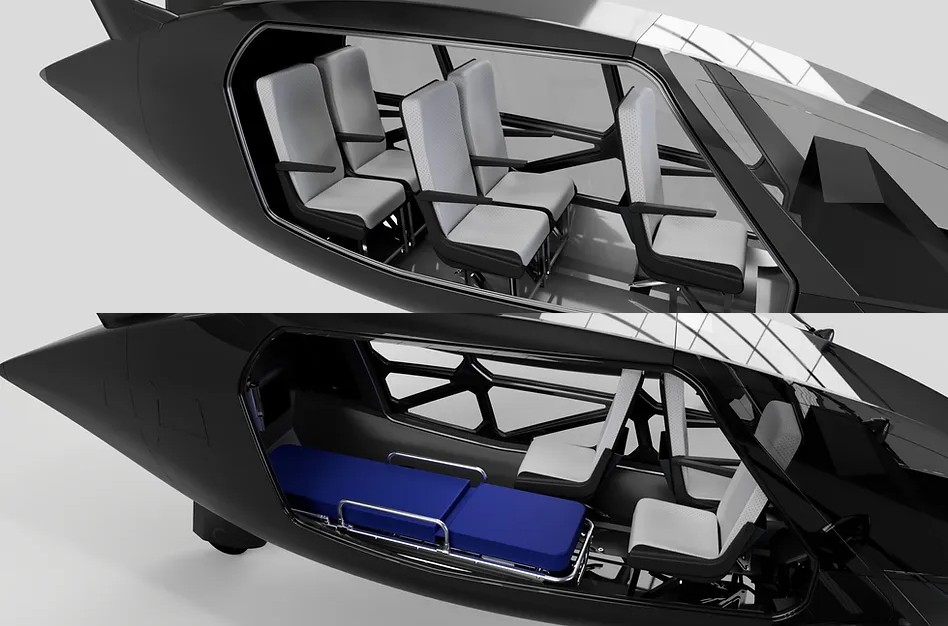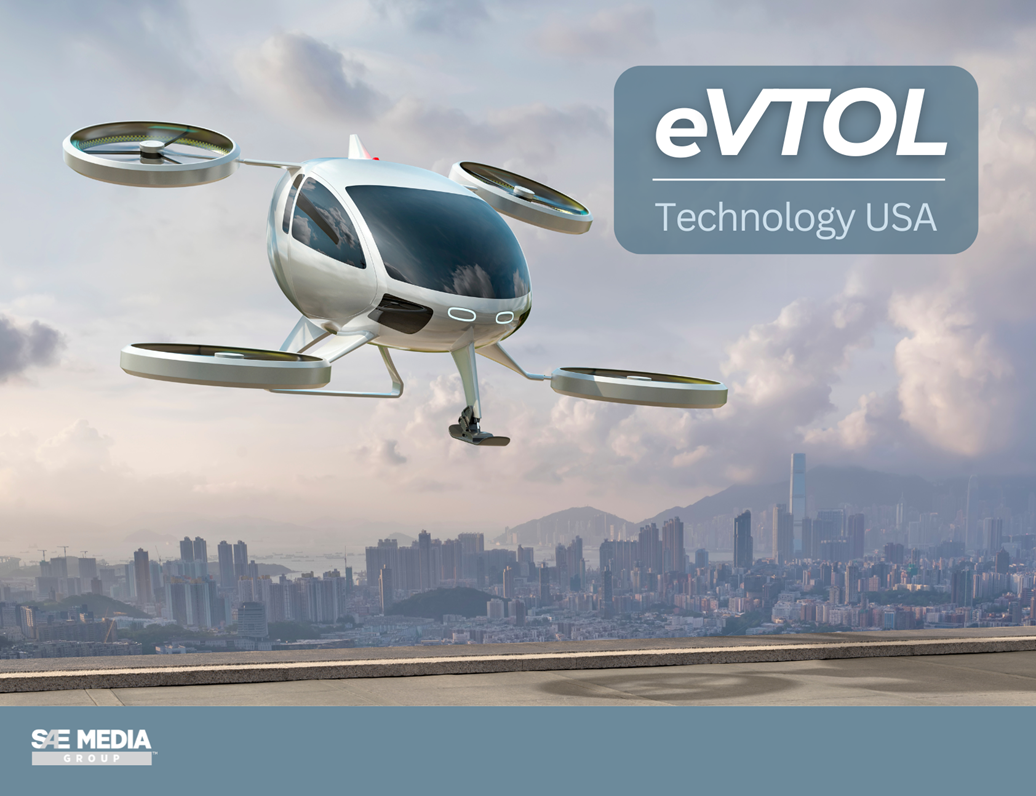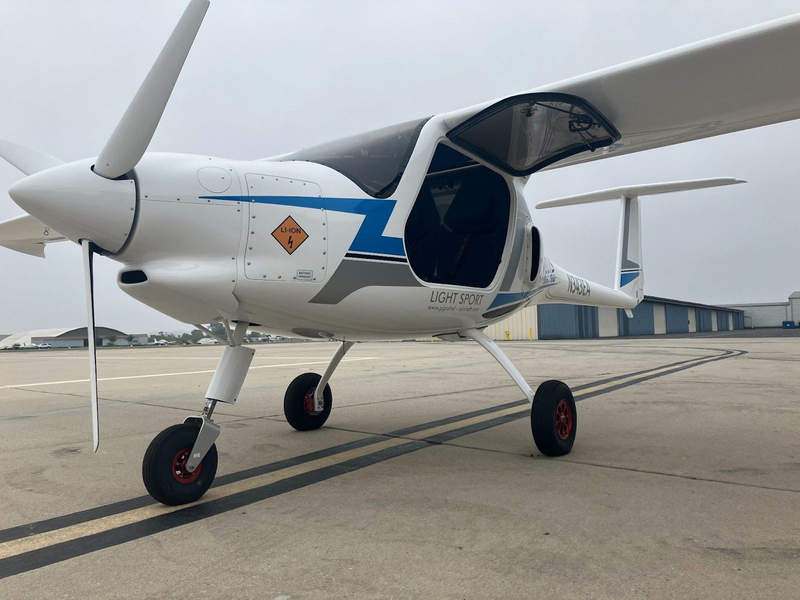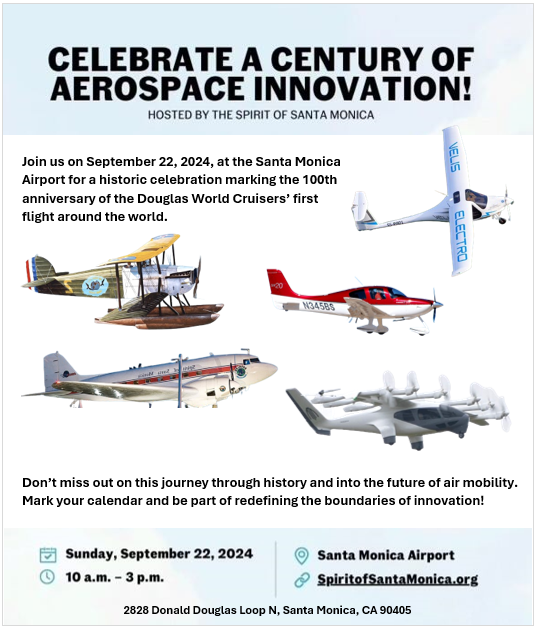Aviation Logistics has ordered AMSL Aero’s Vertiia hydrogen fuel cell-powered eVTOL aircraft. This order is a first for Sydney-based AMSL Aero, collaborating with local aeromedical group CareFlight, to develop rural and regional healthcare applications for eVTOL aircraft such as the Vertiia.
Aviation Logistics operates regional passenger and cargo transport flights, charter services, and aeromedical flights through subsidiaries, including Air Link, AirMed, and Charter.
The company hopes to start operating Vertiia aircraft as early as 2027, subject to the certification and approval required for the model. It has several bases in Australia: Melbourne (MEL), Sydney (SYD), Dubbo (DBO), Brisbane (BNE), Alice Springs (ASP), Katherine (KTR), and Darwin (DRW).

AMSL Aero states on its website that its Vertiia eVTOL aircraft is the first in the world designed to be powered by hydrogen. The company also says the eVTOL uses less energy per seat than a high-speed train. Vertiia has the backing of the Albanese Government.
The model is set to be useful for various purposes. “Vertiia is a versatile aircraft with multiple use cases that match Aviation Logistics’ demands for safe, efficient, fast, and reliable aircraft for its cargo, aeromedical, and passenger operations,” said AMSL chief engineering officer Andrew Moore.
The Vertiia is a single-pilot aircraft that can transport up to four passengers or 500 kilograms (1,100 pounds) of cargo. It can carry one patient on a stretcher with three personnel configured for aeromedical operations. The Vertiia has a projected range of about 1,000 kilometers (620 miles) and a cruising speed of 300 kph (190 mph).

AMSL’s eVTOL Rollout
AMSL says it is the first domestic eVTOL aircraft developer to obtain an experimental airworthiness certificate from Australia’s Civil Aviation Safety Authority (CASA). Initially, the company aims to have its battery-electric Vertiia aircraft certified in 2026. Hydrogen versions are expected in 2027.
The battery-electric Vertiia will offer about one-quarter of the range the hydrogen version offers, about 250 kilometers (155 miles), on a single charge. The manufacturer says it is also considering designing autonomous models that would not require onboard pilots.
To date, AMSL said it has managed to raise over A$50 million (US$32 million) from private investors and government programs, including a recent AU$5.43 million ($3.45 million) grant that it received from the Australian Renewable Energy Agency for the development of its hydrogen fuel cell powertrain. A full-scale, battery-electric prototype of the Vertiia aircraft began flight testing in February last year.
Featured image: Aviation Logistics will use the hydrogen-electric Vertiia aircraft for passenger, cargo, and aeromedical transport beginning in 2027.














